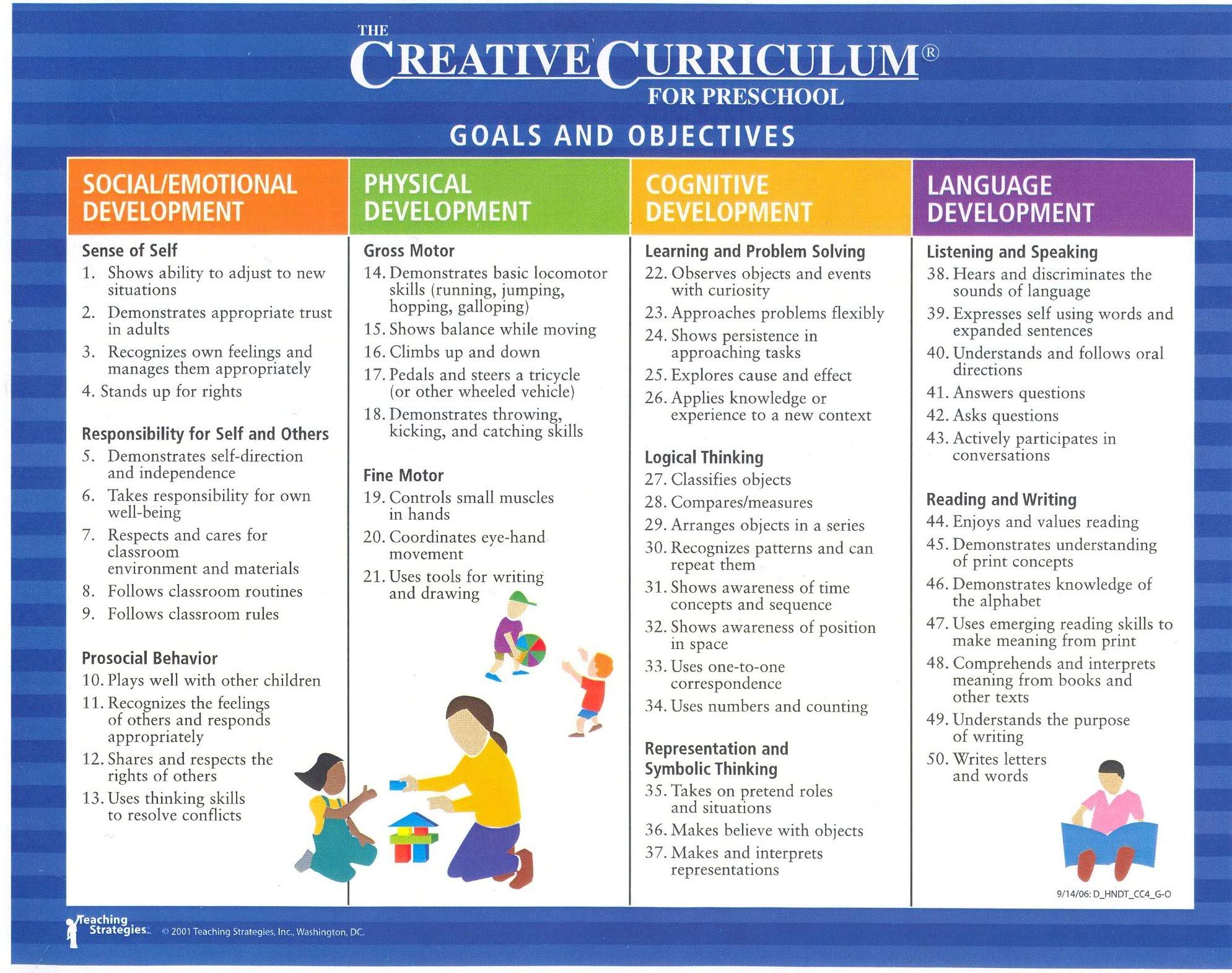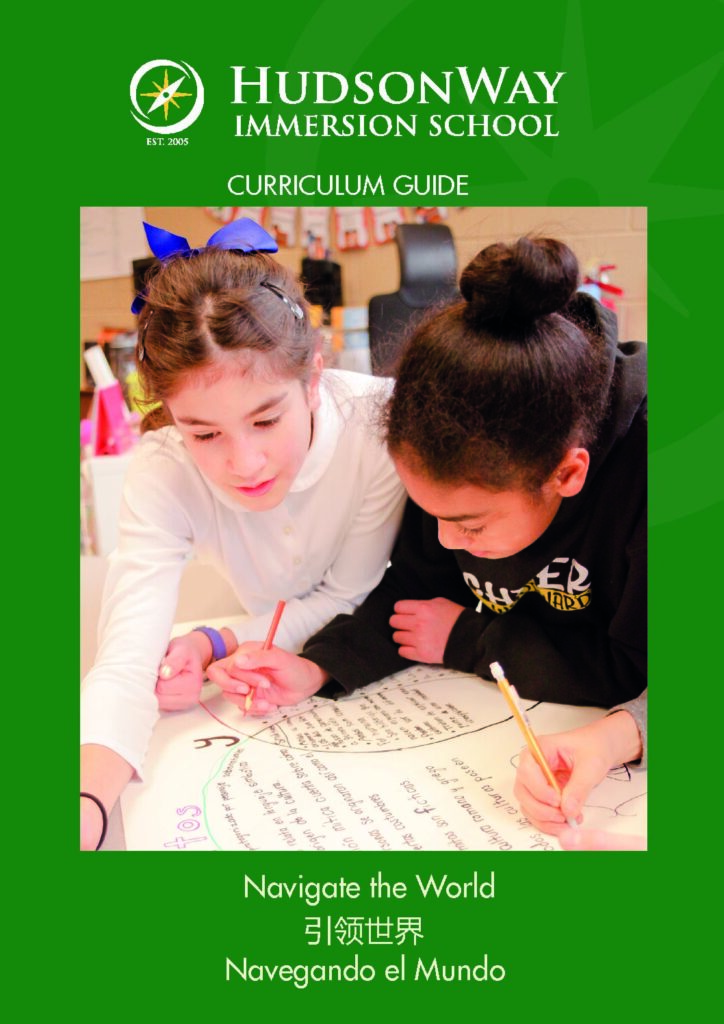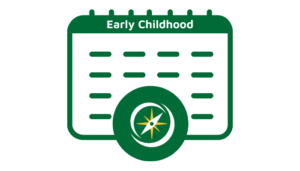1How have preschoolers adjusted with separation?
Experience has shown that a smooth beginning ensures long term benefits. For this reason students are separated from parents or caregivers through a gradual process which may begin with the presence of parents but transitions them out of the classroom over the first few days. Teachers maintain the immersion environment even during this transition.
2Do most children come in with a background in the language? If not, how can they understand what is being discussed?
Nearly 80% of our students do not have prior language exposure. Our preschool teachers are specifically trained to support students in developing their language comprehension. They do this through using total physical response, or body movements which communicate the meaning of what is being said. They teach using the theory of “multiple intelligences” which addresses the different ways in which children learn such as kinesthetic, visual, musical, spatial etc. They use closed or open-ended questions based on knowing the language level and scaffolding appropriately. The daily routine provides consistency and opportunities to practice using the language. Finally, using 6-8-week themes support the cycling of vocabulary in different contexts optimizing language development.
3How can children express themselves if they don’t have enough language?
Children will experience a silent period of several months when learning a new language. During this time children’s brains are taking in a variety of stimuli, actively watching teachers and peers. They can make their needs known through gestures. By the time they are completed with their first year, they may be able to comprehend nearly all of what a teacher is saying, respond in phrases or complete sentences, and sing songs and understand stories being read to them.
4What is the schedule and how are children engaged for the day?
Children ages 2-3 are offered the option of a half day which is from 8:30am -12:00pm or a full day from 8:30am-3:30pm. Students in the pre-K 4’s program are full day from 8:30am-3:30pm. When students arrive to school, they gently transition in centers, then have both whole group and small group experiences in centers in the target language, English, snack, outdoor recess, lunch, nap and centers and a final whole group closing and dismissal.
5What is the student to teacher ratio?
The student teacher ratio differs depending on the age of the child: It is 5:1 for the 2’s, 7:1 for 3’s and 8:1 for 4’s. Low student teacher ratios maximize opportunities for language development.
6What are some examples of the theme-based learning and how is it integrated across the curriculum?
Students will be immersed in a theme for 6-8 weeks. A theme on community, for example, may involve reading storybooks such as “Dr. Desoto”, taking part in dramatic play re-enacting a restaurant, or laundromat. Students may create a community in the block center, measure the distance between buildings in a math center, or draw a group mural of a community in art. Through exposure to essential questions week after week, children deepen their understanding and critical thinking.
7How are students developing social-emotional skills and character? Examples?
Our caring and nurturing teachers spend time getting to know each child and how best to support him or her. They promote values of kindness and empathy through modeling and discussions in class and follow it up with a positive behavior system. They also celebrate the diversity in our classes by talking about differences including race. This has been discussed in professional development as supporting healthy self-identity.
8How do we develop math skills in preschool?
Students develop a strong math foundation with the support of teachers trained in Singapore Math or Math in Focus and using manipulatives that support concrete math exploration. This school year, our Kindergarten students have well prepared math skills, with all of them assessed at Grade 1 math level.
9Does my child have to be toilet trained?
No, children do not have to be toilet-trained to attend preschool. We will work with parents to support the timing of each child for toilet training.
10What is the value of this experience if my child only attends the preschool?
A full immersion preschool experience in which 90—100% of the instruction is in the target language provides a solid language foundation for children to learn academic content in the elementary immersion program. Students who transition early to a monolingual program for elementary will likely forget the language gained, not reach the language proficiency they would have had they stayed in the program and not receive the cognitive benefit of moving to giftedness which we see if students staying 4+ years in our program. Immersion is a long-term commitment with students transferring to another ongoing school, usually for Grade 6 or 9.






